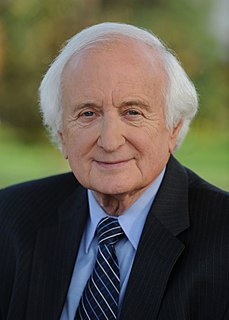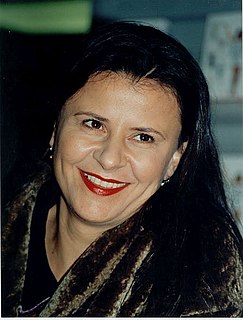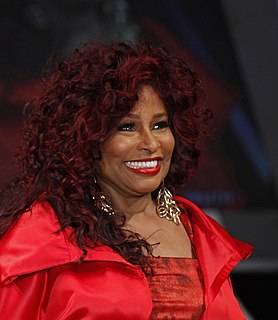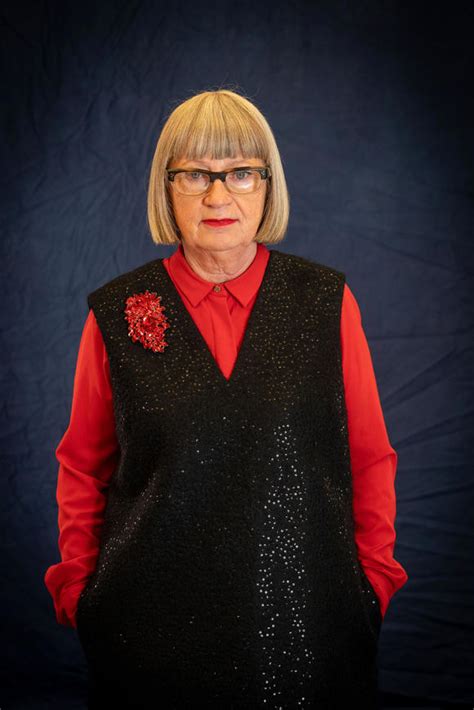A Quote by George Michael
By the time I was in my early teens, we were able to move into a much more middle-class area. I had a comfortable adolescence.
Quote Topics
Related Quotes
The government decides to try to increase the middle class by subsidizing things that middle class people have: If middle-class people go to college and own homes, then surely if more people go to college and own homes, we’ll have more middle-class people. But homeownership and college aren’t causes of middle-class status, they’re markers for possessing the kinds of traits — self-discipline, the ability to defer gratification, etc. — that let you enter, and stay, in the middle class. Subsidizing the markers doesn’t produce the traits; if anything, it undermines them.
In the '70s, the newspaper guild managed to get people paid what they were worth, but the reporters suddenly became middle class. It's much more respectable, more uptight, and everyone speaks in guarded tones. And the writing isn't as good. We always had guys who were failed poets and failed novelists who did it to eat.
I was born and raised in the University of Chicago area and had an uneventful middle-class Catholic childhood. I had a heavy Catholic upbringing and Catholicism is terrible - it's the reason there were slaves. Mass every morning at seven o'clock during Lent. It's a totally negative, man-made religion.




































